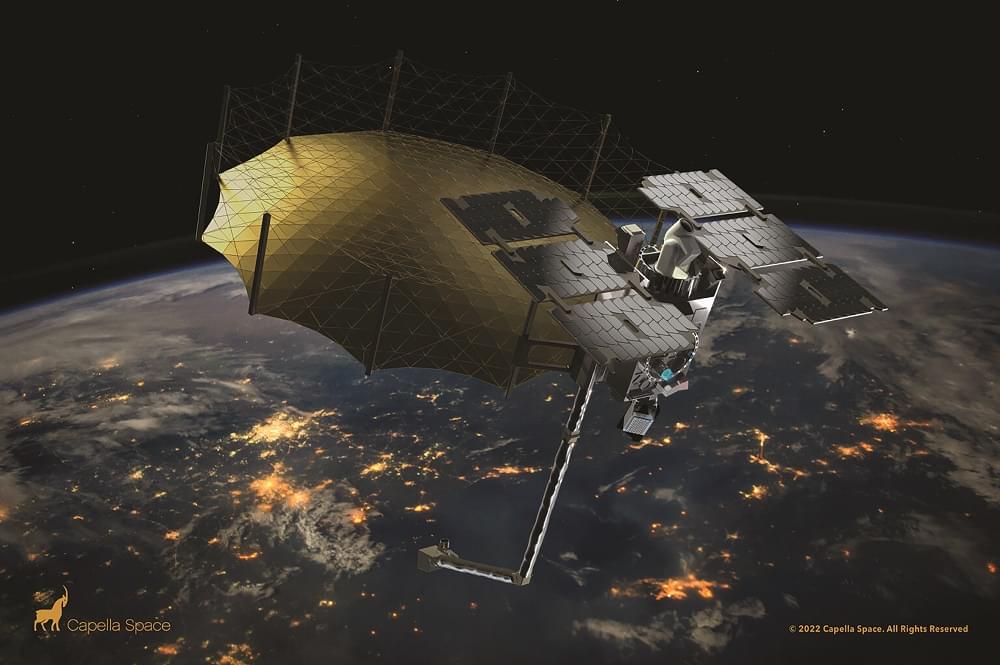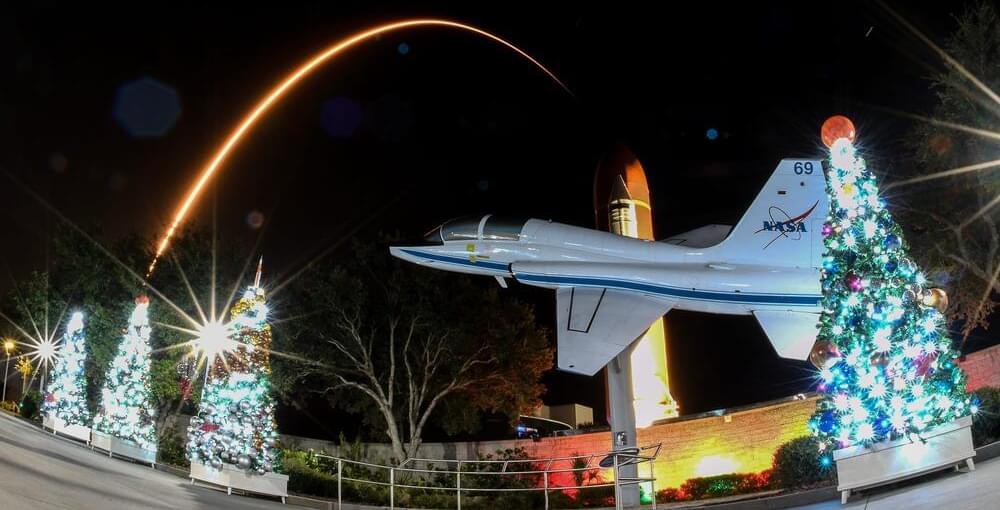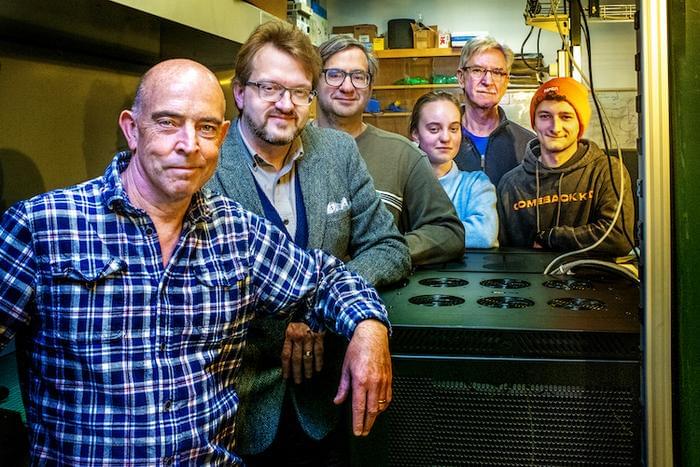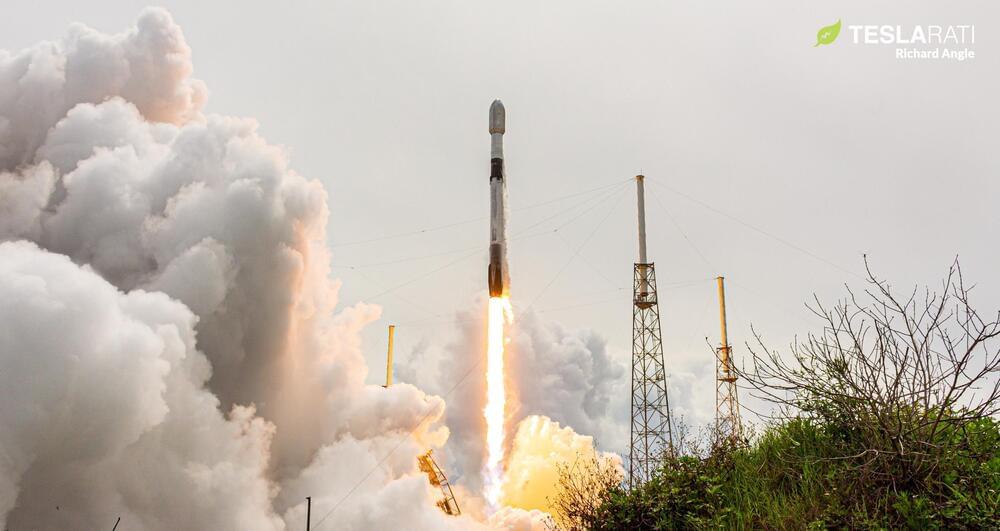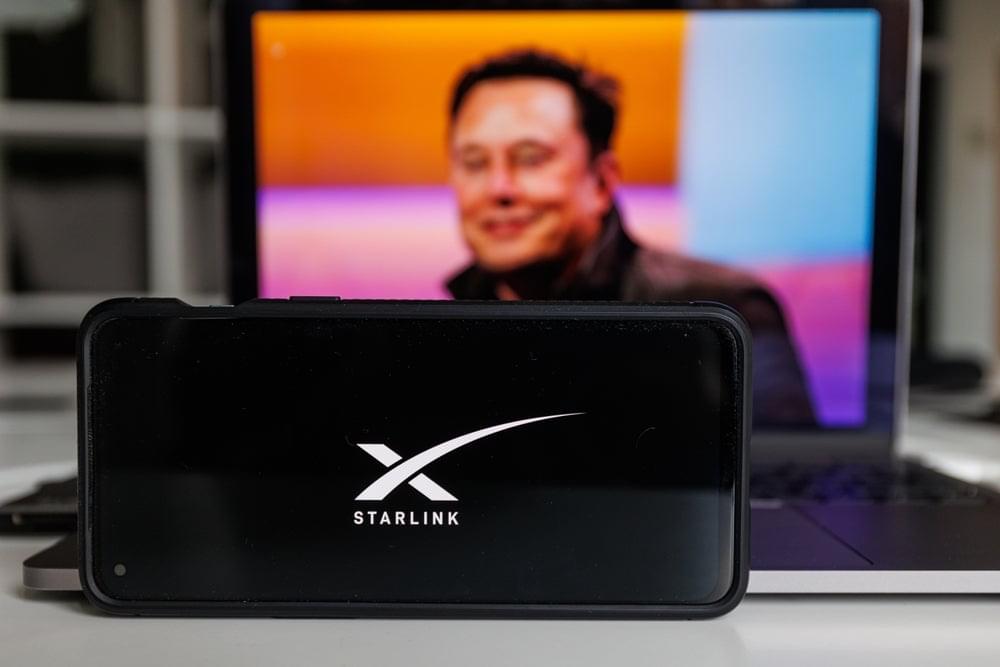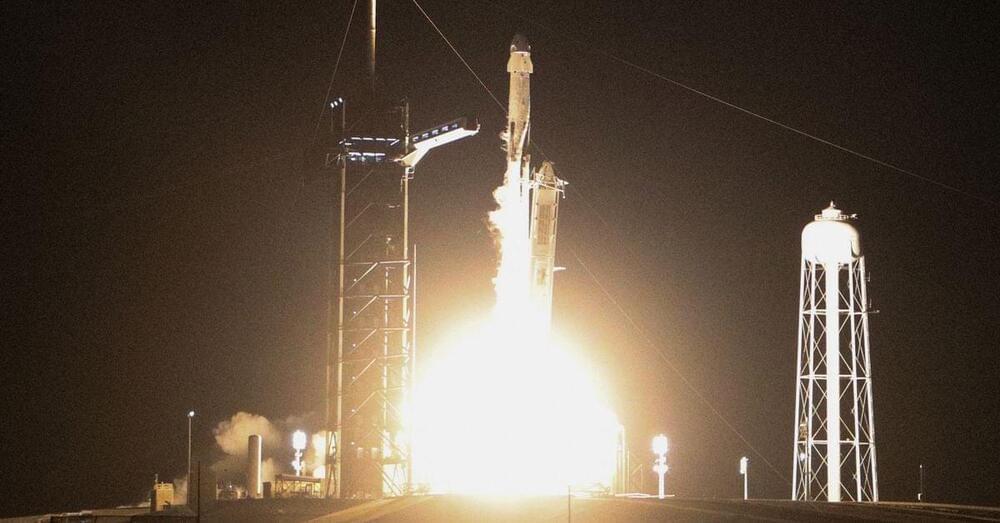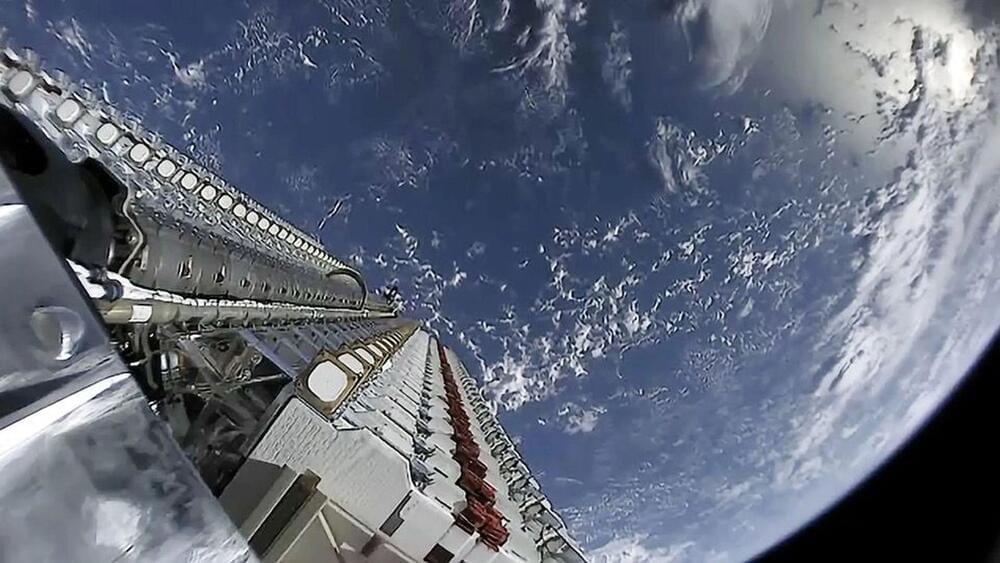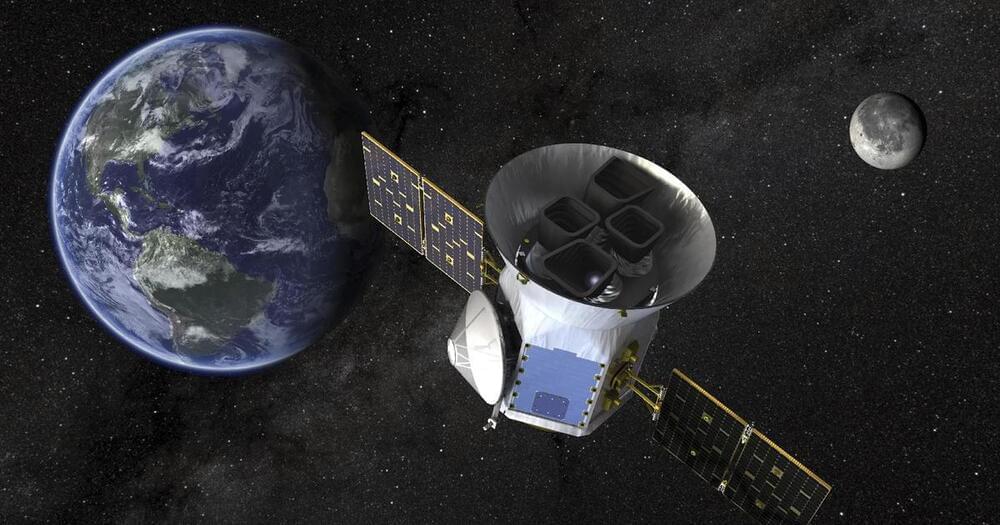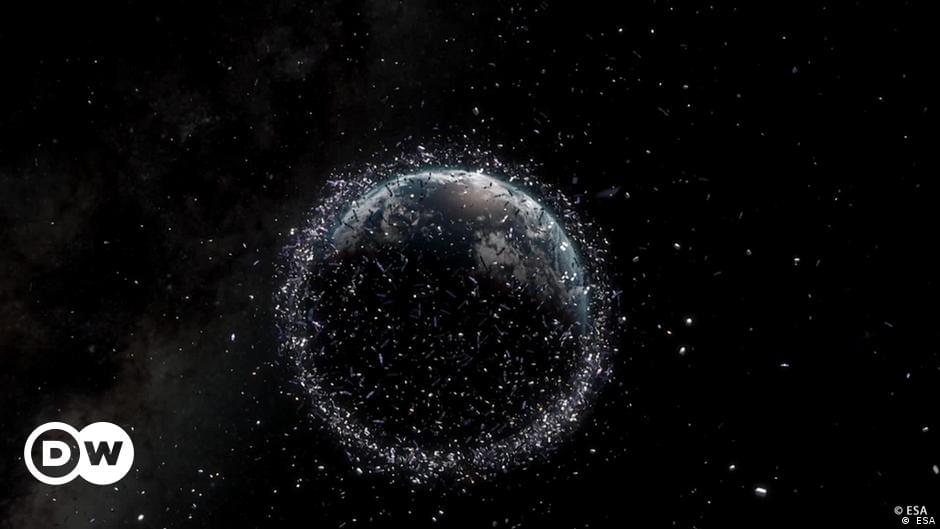WASHINGTON — Capella Space will launch two radar imaging satellites on SpaceX rideshare missions after an Electron launch failure disrupted its deployment plans.
Capella announced Dec. 5 that it had arranged to fly two of its Acadia satellites on SpaceX rideshare missions in the first half of 2024. Acadia-4 will fly on the Bandwagon-1 mission as soon as April 2024 while Acadia-5 will launch on Transporter-11 no earlier than June 2024. The Transporter-11 mission was arranged through launch services company Exolaunch.
Capella said in a statement that the arrangements allow for a diversity of orbits for its spacecraft. Bandwagon-1 is the first of a new line of dedicated rideshare missions that SpaceX announced earlier this year that will go to mid-inclination orbits, rather than sun-synchronous orbits accessed by Transporter missions.
